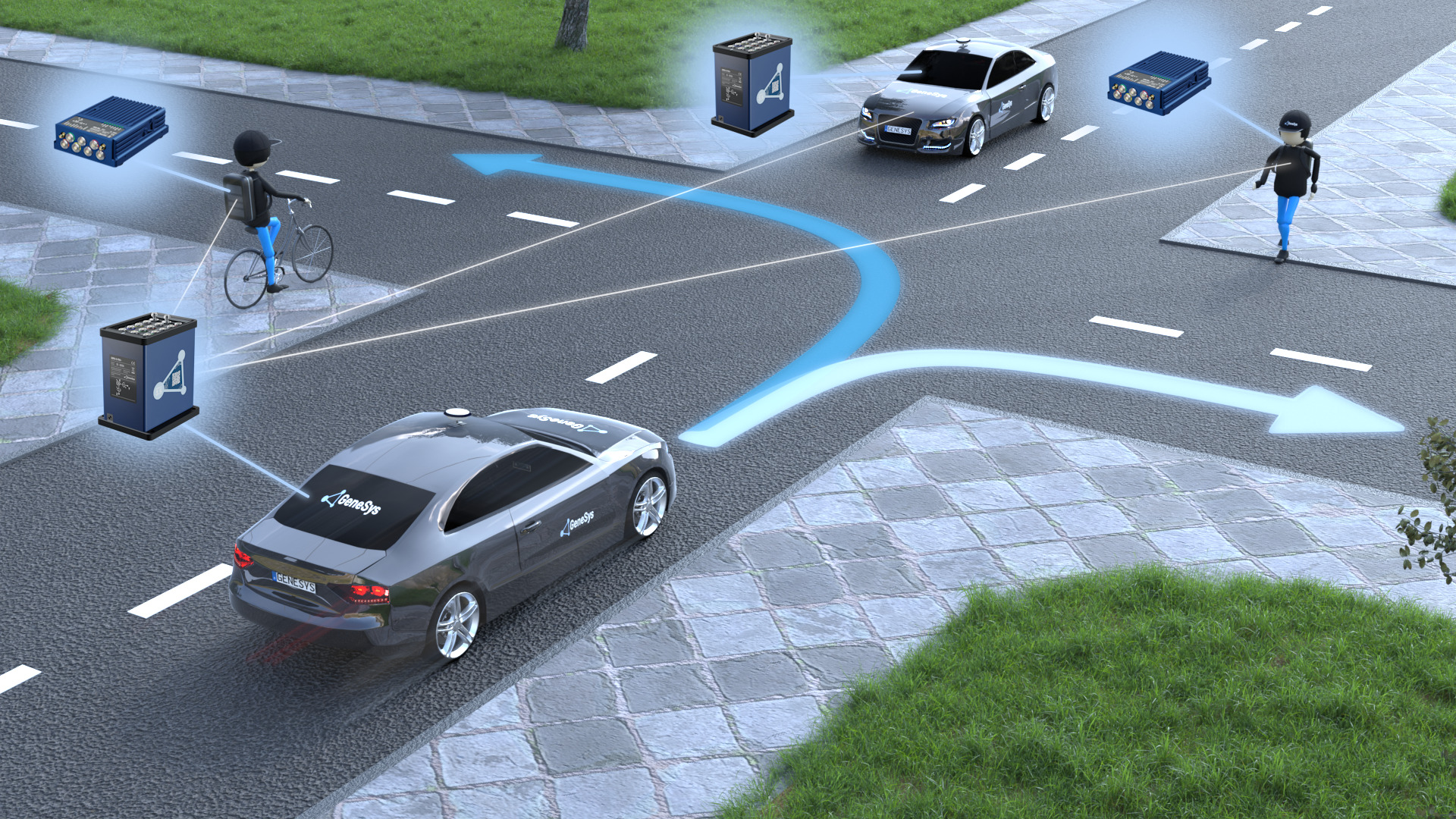IEC 62960 Sensor Data Communication ADAS Testing
The IEC 62960 standard is pivotal in ensuring that advanced driver-assistance systems (ADAS) and autonomous vehicles communicate sensor data efficiently, safely, and reliably. This testing service focuses on the communication protocols for ADAS and their compliance with international standards, particularly IEC 62960: Road Vehicles – Sensor Data Communication for Advanced Driver Assistance Systems.
This standard covers a wide range of vehicle sensors including cameras, radar, lidar, ultrasonic sensors, and others. It ensures that the data generated by these sensors can be accurately transmitted and processed to enhance driving safety and efficiency in ADAS systems. The testing service aligns with the growing demand for robust communication standards within autonomous vehicles.
The process involves a series of tests designed to evaluate the interoperability, reliability, and security of sensor data communication. These tests are crucial to ensure that different components from various manufacturers can work seamlessly together without data loss or corruption. Compliance with IEC 62960 is essential for ensuring the safety and performance of ADAS systems in vehicles.
The testing service includes a comprehensive set of procedures, including:
- Initial setup to configure test parameters
- Data acquisition from various sensors under different environmental conditions
- Analysis of sensor data communication protocols
- Evaluation of interoperability between systems
- Detailed reporting and certification upon successful completion
The testing service is designed for quality managers, compliance officers, R&D engineers, and procurement teams. It ensures that the ADAS components they procure or develop meet stringent international standards.
Compliance with IEC 62960 not only enhances safety but also supports regulatory requirements in many countries around the world. This service is essential for companies involved in automotive manufacturing, especially those focusing on autonomous and semi-autonomous vehicles.
| Test Parameter | Description |
|---|---|
| Data Integrity | Ensuring that sensor data transmitted between components is accurate and complete. |
| Communication Protocols | Evaluating the use of standard protocols for secure and reliable communication. |
| Interoperability | Testing whether different systems from various manufacturers can work together seamlessly. |
| Data Security | Ensuring that sensor data is transmitted securely to prevent unauthorized access or tampering. |
The service also includes real-world usage notes and acceptance criteria based on IEC 62960. These include:
- Testing under various environmental conditions, including temperature, humidity, and electromagnetic interference (EMI).
- Evaluating the system's performance in different driving scenarios.
- Ensuring that the communication protocol is robust enough to handle high data throughput without loss or corruption.
The testing service provides detailed reports that include:
- A summary of test parameters and results.
- Evidence of compliance with IEC 62960 standards.
- Recommendations for improvements where necessary.
By adhering to this stringent testing process, companies can ensure their ADAS systems meet the highest safety and performance standards. This not only enhances product quality but also facilitates smoother integration into global markets that require compliance with international regulations.
Scope and Methodology
The scope of IEC 62960 Sensor Data Communication ADAS Testing includes the evaluation of sensor data communication protocols used in advanced driver-assistance systems. The methodology involves a series of tests designed to ensure that these protocols comply with international standards, particularly IEC 62960.
| Test Parameter | Description |
|---|---|
| Data Integrity | Evaluate the accuracy and completeness of sensor data transmitted between components. |
| Communication Protocols | Assess the use of standard protocols for secure and reliable communication. |
| Interoperability | Test whether different systems from various manufacturers can work together seamlessly. |
| Data Security | Ensure that sensor data is transmitted securely to prevent unauthorized access or tampering. |
The testing methodology involves:
- Setting up the test environment with all necessary components and configurations.
- Collecting data from various sensors under different environmental conditions.
- Analyzing the collected data to ensure compliance with IEC 62960 standards.
- Evaluating the system's performance in various driving scenarios.
- Providing detailed reports and recommendations for improvements where necessary.
The methodology is designed to be comprehensive, ensuring that all aspects of sensor data communication are thoroughly evaluated. This approach guarantees that the systems being tested meet the highest safety and performance standards.
Why Choose This Test
- Ensures Compliance: Ensures compliance with IEC 62960, a crucial standard for ADAS communication.
- Safety Assurance: Enhances the safety of vehicles by ensuring that sensor data is communicated accurately and securely.
- Interoperability: Tests whether different systems from various manufacturers can work together seamlessly.
- Data Security: Ensures that sensor data is transmitted securely, preventing unauthorized access or tampering.
The IEC 62960 Sensor Data Communication ADAS Testing service is essential for companies involved in the development and manufacturing of advanced driver-assistance systems. It ensures that these systems meet stringent international standards, enhancing safety, reliability, and performance.
By choosing this test, companies can demonstrate their commitment to quality and compliance, which is critical for gaining trust from customers and regulators alike. This service also helps companies stay ahead in the competitive automotive industry by ensuring they are using the latest technology and meeting global regulatory requirements.
Environmental and Sustainability Contributions
- Eco-Friendly Vehicles: By improving ADAS systems, this testing ensures that vehicles can operate more safely and efficiently, reducing the risk of accidents and thus minimizing environmental impact.
- Energy Efficiency: Ensuring reliable communication between vehicle components helps optimize fuel consumption and reduce emissions.
- Economic Benefits: Compliance with international standards can lead to reduced costs in product development and certification.
The IEC 62960 Sensor Data Communication ADAS Testing service contributes significantly to environmental sustainability by promoting the use of eco-friendly vehicles. By improving the safety and efficiency of these systems, it helps reduce accidents and emissions, thus protecting the environment and contributing to a sustainable future.





